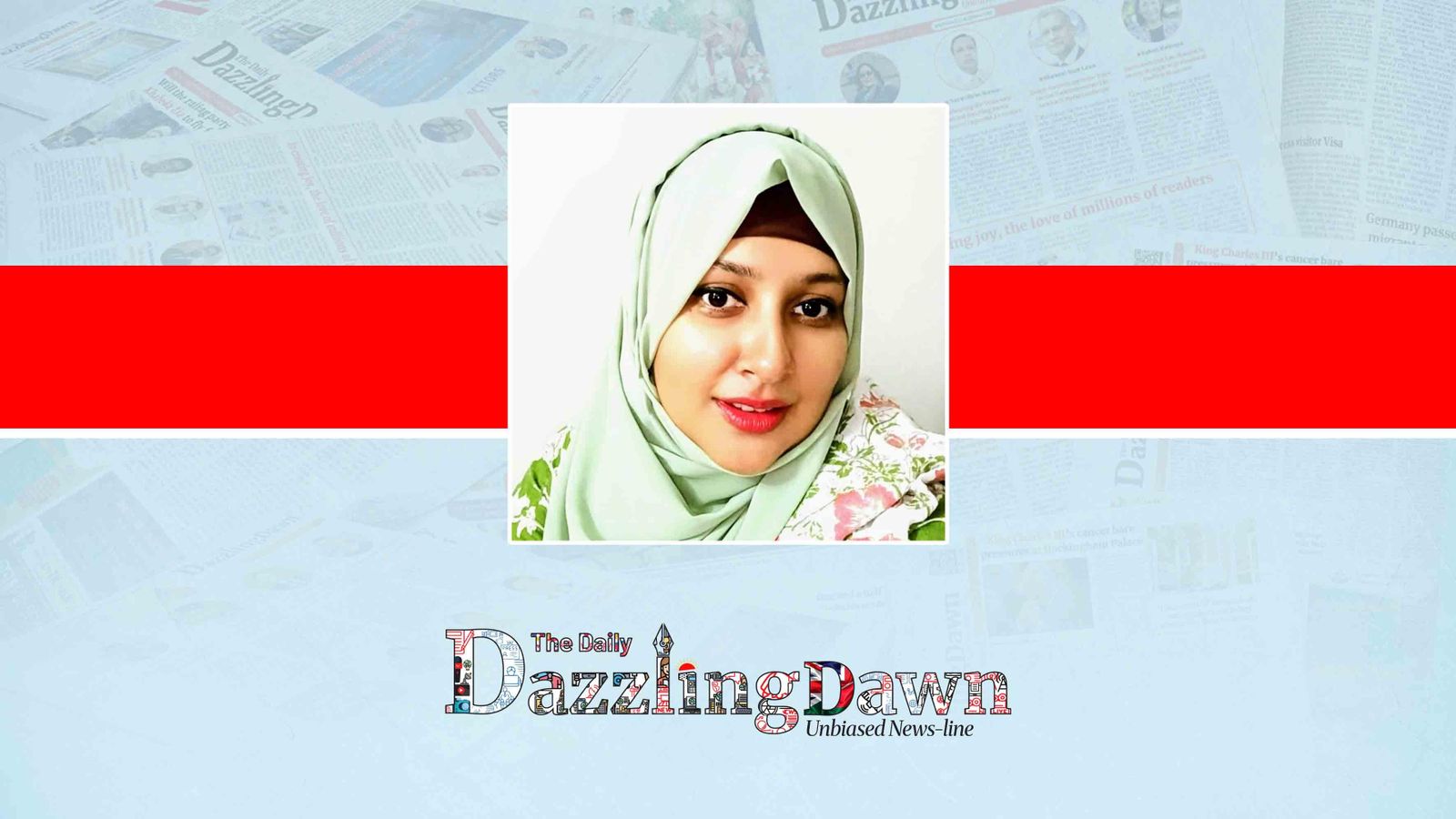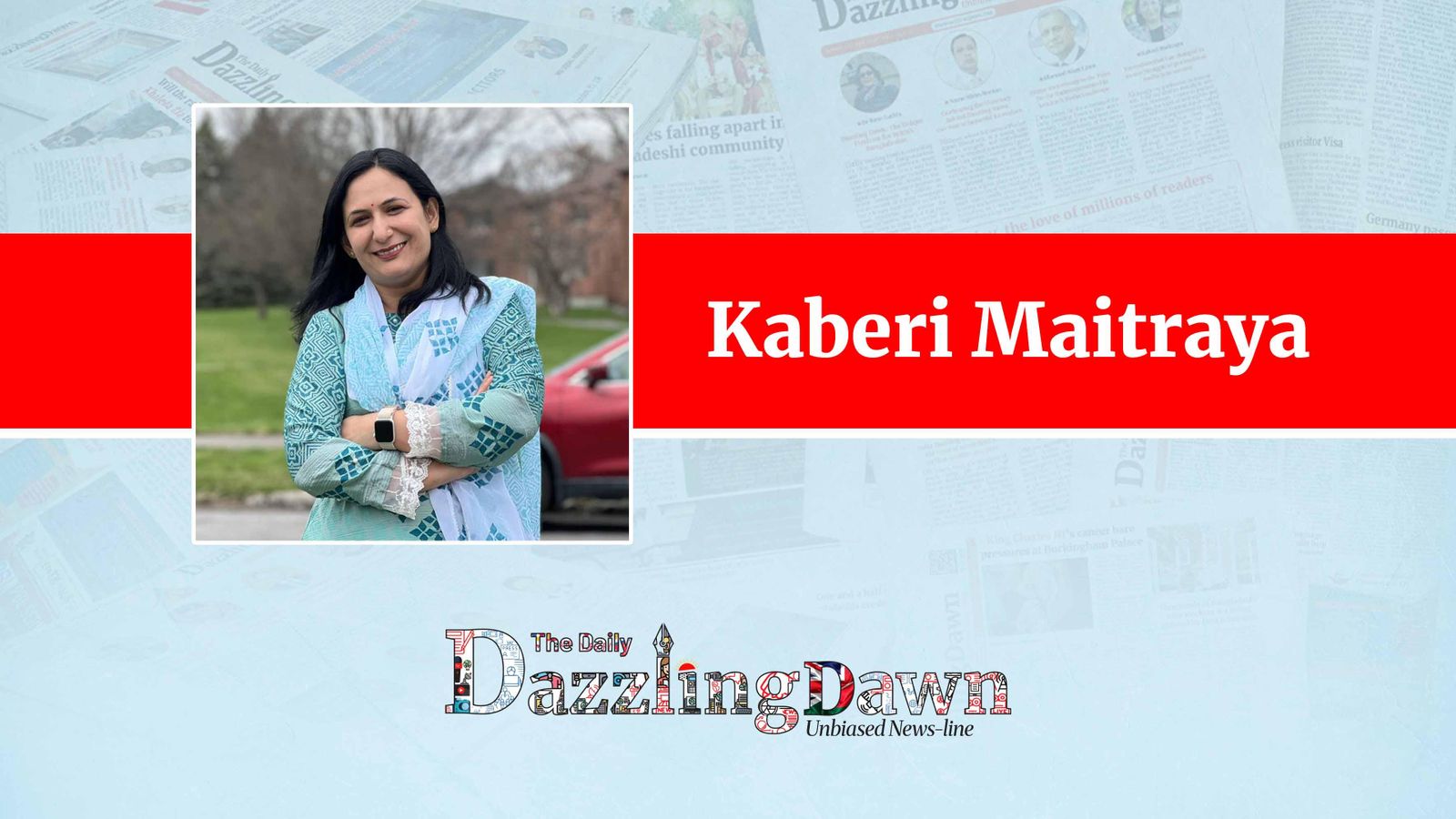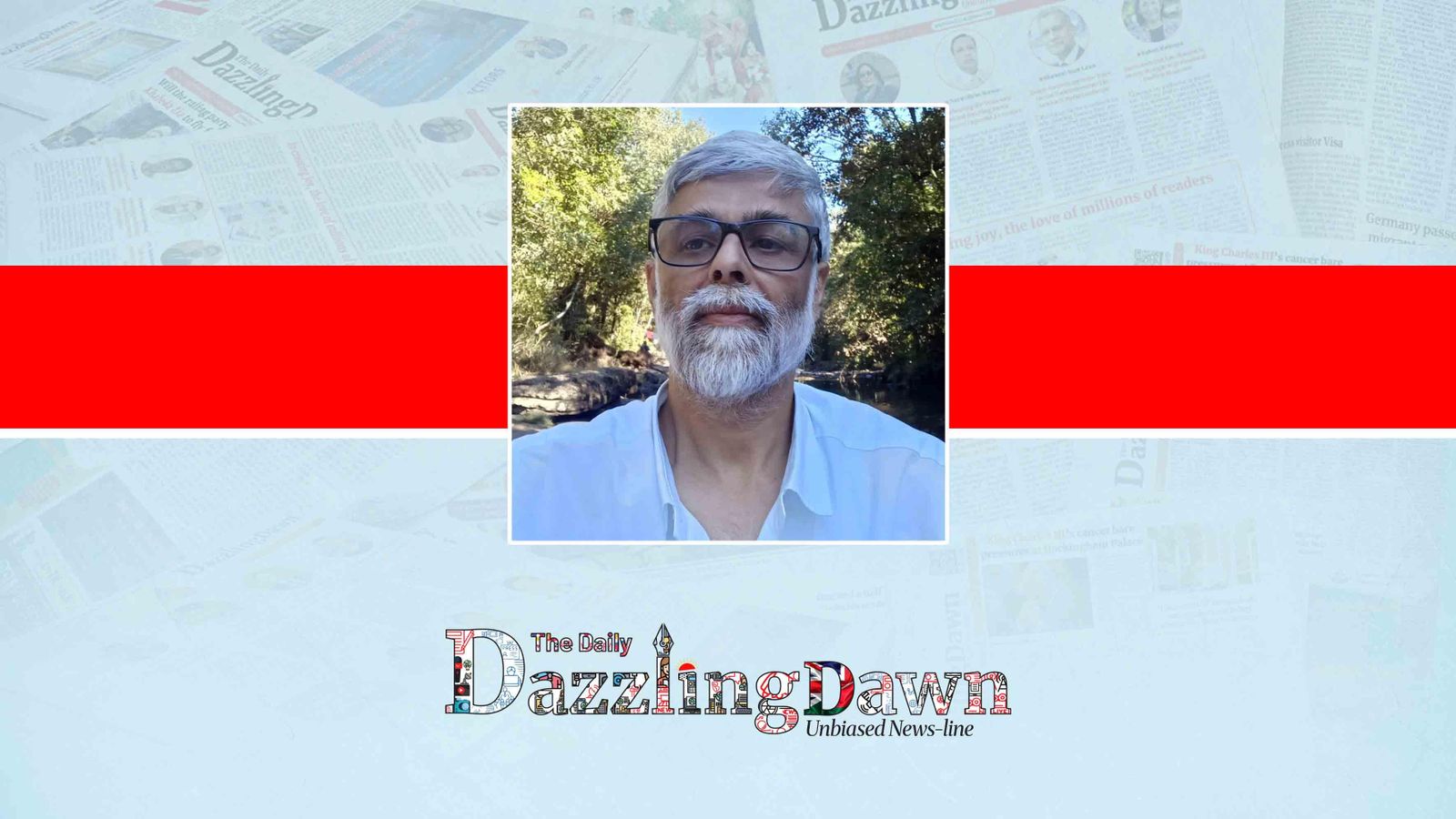The world today seems increasingly dominated by zero-sum narratives— Tariff disputes, restrictive trade policies, and geopolitical tensions. Thus, it's easy to assume that wealth and influence can only be gained by disadvantaging someone else. Amidst this scenario, in the past few months, we have witnessed a major shift in the aid landscape for the world as well as particularly relevant to Bangladesh.
U.S. Foreign Aid Freeze, a 90-day restriction on foreign aid that disrupts critical programs worldwide. Some organizations in Bangladesh, Somalia and elsewhere terminated thousands of employees from their work. Across Europe including UK, we are also seeing a downward spiral in aid commitments set aside for poorer countries. As a development practitioner of 13 years, this obviously not only puts a question mark on my career path, but also raises a very important question, are the world’s wealthier nations not looking out for the world’s most marginalized and climate vulnerable population anymore?
Looking forward, despite an increasingly complex outlook for global climate negotiations, we also find existence of climate change deniers in the global north. You see, I myself would not have been a fervent advocate of climate change adaptation and mitigation, if I had not met a leading voice behind sustainable development goals in my early 20’s. In early February 2012, I got a call from my almamater that if I could spare few days to help organize a summit which apparently was being held for leading global academics in economics and development. Frankly, I was a bit startled as I was already occupied in organising another youth summit in Dhaka at that time. The person on the other end of the phone mentioned my help will be required only for the delegation registration and spending the weekend in BCDM Savar will be enough. So, I was off to Savar and met for the first and only time Dr. Jeffrey Sachs, the then Director of Earth Institute, Columbia University, a leading voice behind Sustainable Development Goals. In the following years working as a development practitioner in Bangladesh, my understanding on the nexus between climate change, socio-economic development for the country enhanced and it also alarmingly showcased that this mammoth problem cannot be dealt as a lone wolf.
Quoting Pulitzer Prize winning author, Jared Diamond here, “We have to solve climate change because if we don’t solve climate change but we deal with a nuclear holocaust, we’re finished. If we solve climate change and don’t have a nuclear holocaust but we continue with unsustainable resource use, we’re finished. And if we deal with the nuclear problem and climate change and sustainable use, but we maintain or increase inequality around the world, we’re finished. So, we can’t prioritize. Just as a couple in a marriage have to agree about sex and children, and in-laws and money, and religion, and politics. We got to solve all four of those problems.”
The world’s wealthiest nation, particularly USA needs to come forward and showcase leadership in this aspect like it has previously shown since the Marshall plan era. This wave of funding cuts in Aid is more than a short-term crisis. It signals an alarming trend that is possibly going to jeopardize years of global development efforts and humanitarian support systems. Up until 2024, despite pledges to localize funding and untie foreign aid, over 90% of the global north's official development assistance (ODA) still flows to organizations in their own countries. As ODA contributions continue to decline around the world, with many countries failing to meet the UN's 0.7% GNI target, it is evident that Govt’s and policy-makers are adopting zero-sum mindset. A zero-sum worldview implies that the gains of some are invariably the losses of others, based on the assumption that societal output is limited and that how it is distributed is determined by competing societal interests. Conversely, there lies an alternative worldview that centres on how economic interactions generate values and innovation, rather than solely redistributing existing resources. For example, keeping aside the liability concerns, the gig economy of Uber, Airbnb, Fiverr would not have flourished if there were not any openness to new ideas and attraction of global tech talents by USA. Historically we have seen, when nations or communities that turn inward tend to stagnate.
Let’s take the story of Robin Khuda, a Bangladeshi student who migrated to Australia at the mere age of 18 for higher studies who ended up making the biggest data centre deal in human history last year. I don’t know about his religious doctrine or motto in life. But what I have found remarkable is that being born in a developing country like Bangaldesh, he not only distributed $22 million in bonuses to over 300 employees of his company, he also went onto making a donation of $100 million to the University of Sydney to support women in STEM, as per media reports.
Altruism can often be considered as naivety, but it is the only way through which one can unravel his/her positive qualities. Also, let’s not forget that wealthier nations are not being altruistic if they choose not to slash their official development assistance. Let’s remember that the developing countries have rightfully earned their right to receive aid support as per the UN General Assembly Resolution 2626 (XXV) in 1970.
At a time when a corrupt regime has fallen in Bangladesh, our interim government is dealing with mass scale of financial irregularities committed by the past regime. It is at this stage that Bangladeshi citizens require more than ever continued support from the world’s leading economies. Lastly, in the words of the Nobel prize winning psychologist Daniel Kahneman, “Questioning what we believe and want is difficult at the best of times, and especially difficult when we most need to do it, but we can benefit from informed opinion of others”. With this thought, I urge western policy makers to lend an ear to some southern voices to understand the implication of their ODA strategies going forward and re-evaluate their policy choices.
Congratulations to the incredible team at the Dazzling Dawn on your second anniversary!
In just two years, your dedication and hard work have transformed this newly emerged paper into more than just a publication—it has become a trusted voice for the South Asian diaspora living in the UK. At a time when truth is precious and representation still evolving, your team’s commitment to honest journalism, cultural reflection, and community storytelling has been both powerful and impact-driven.
Together, you’ve brought to light the stories that shape our lives both beyond and inside Bangladesh—narratives of migration, resilience, identity, and belonging. Your team has created space for both joy and challenge, while honoring the depth and diversity of our shared heritage.
I particularly want to congratulate the editor Munzer for his perseverance and collective effort in building something so bold and meaningful. Here's to your continued success, growth, and impact in the years to come.








.svg)


